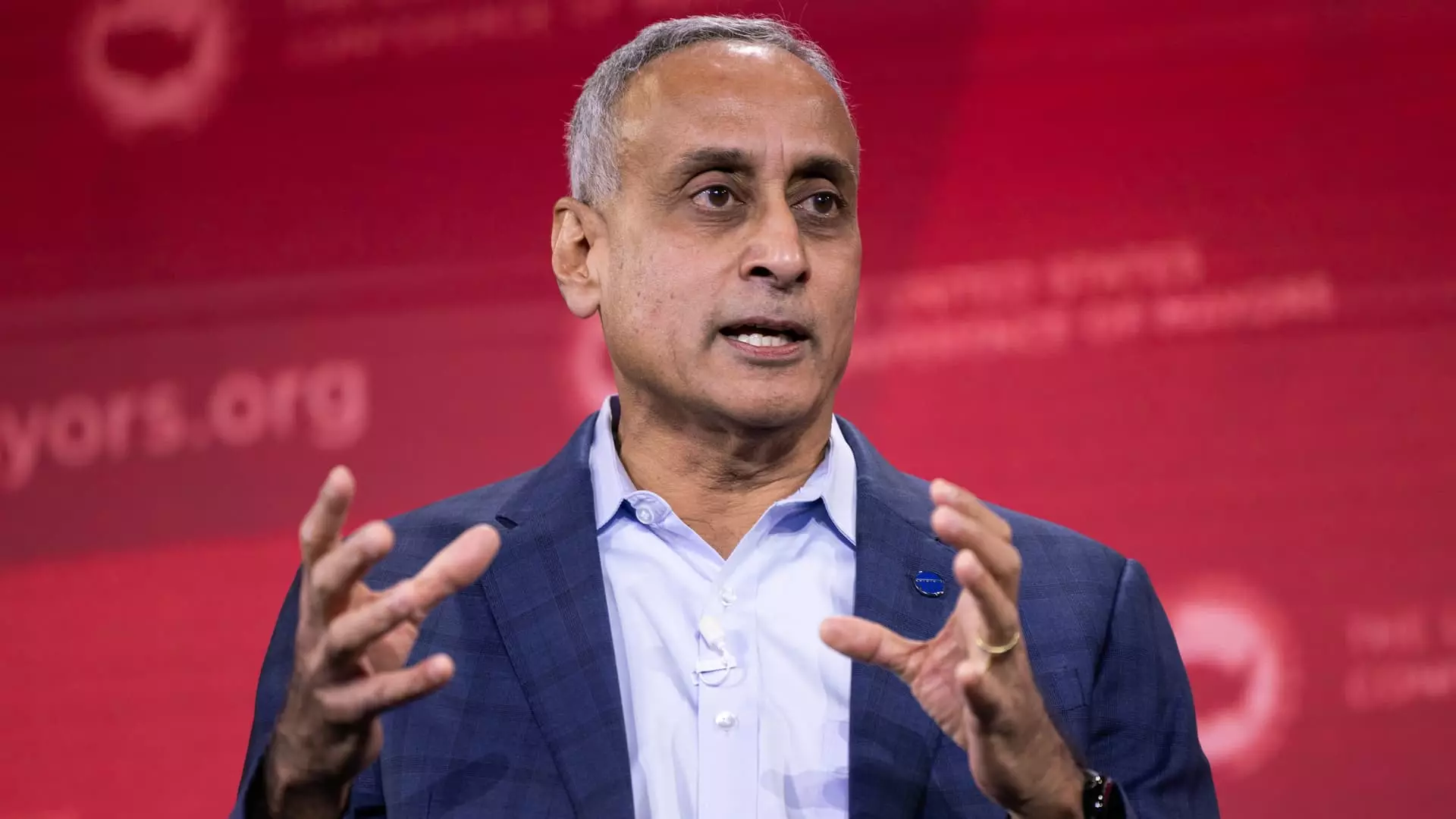In a notable restructuring move, Google has announced the transition of Prabhakar Raghavan from his role as head of Search and Ads to a new position as chief technologist. Alphabet CEO Sundar Pichai revealed this decision in a blog post, indicating that Raghavan’s new role will allow him to collaborate closely with Pichai and other Google leaders, ensuring technical excellence within the company. This change marks a pivotal moment in Raghavan’s 12-year career at Google, where he has held significant leadership positions, particularly overseeing the Knowledge and Information division since 2018.
This executive shake-up comes at a crucial time for Google, as the tech giant grapples with heightened competition in the artificial intelligence sector. With rival companies rushing to innovate and release advanced AI capabilities, Google is under pressure to streamline its operations and adapt more swiftly to market demands. The appointment of Nick Fox, a long-serving executive with experience in product and design, signifies a strategic move towards enhancing Google’s AI product roadmap. Fox’s previous involvement in the Assistant product line and collaboration with Raghavan highlights a continuity that the company aims to maintain during this transition.
The landscape of artificial intelligence is ever-evolving, and Google’s commitment to remaining at the forefront is evidenced by its structural changes. Both Pichai and Raghavan have acknowledged that the market dynamics have shifted dramatically over the past two decades, necessitating a fresh approach to technology development and deployment. With the emergence of AI-driven competitors, Google recognizes the urgency of fostering an innovative environment that not only retains talent but also inspires a culture of forward-thinking technology advancement.
In addition to the leadership changes, Google’s strategy also involves restructuring teams to enhance efficiency. The Gemini app, which features AI consumer products, will now be integrated into Google DeepMind under the leadership of Demis Hassabis, which Pichai believes will facilitate improved collaboration between teams. This strategic unification aims to refine product development processes, ensuring that feedback loops are more effective and that innovations can be deployed swiftly in the competitive landscape of AI technology.
With these leadership adjustments, Google is not just reshuffling personnel; it is strategically repositioning itself to meet the challenges posed by competitors in the AI space. The company’s proactive measures reflect a broader acknowledgment of the need for agility and innovation in its operations. As Nick Fox steps into his new role, all eyes will be on how these leadership dynamics translate into tangible improvements in Google’s products and services, particularly in the realm of artificial intelligence. Moving forward, the technology giant aims to leverage its extensive experience while embracing the disruptive potential of AI to redefine its position in the industry.


Leave a Reply